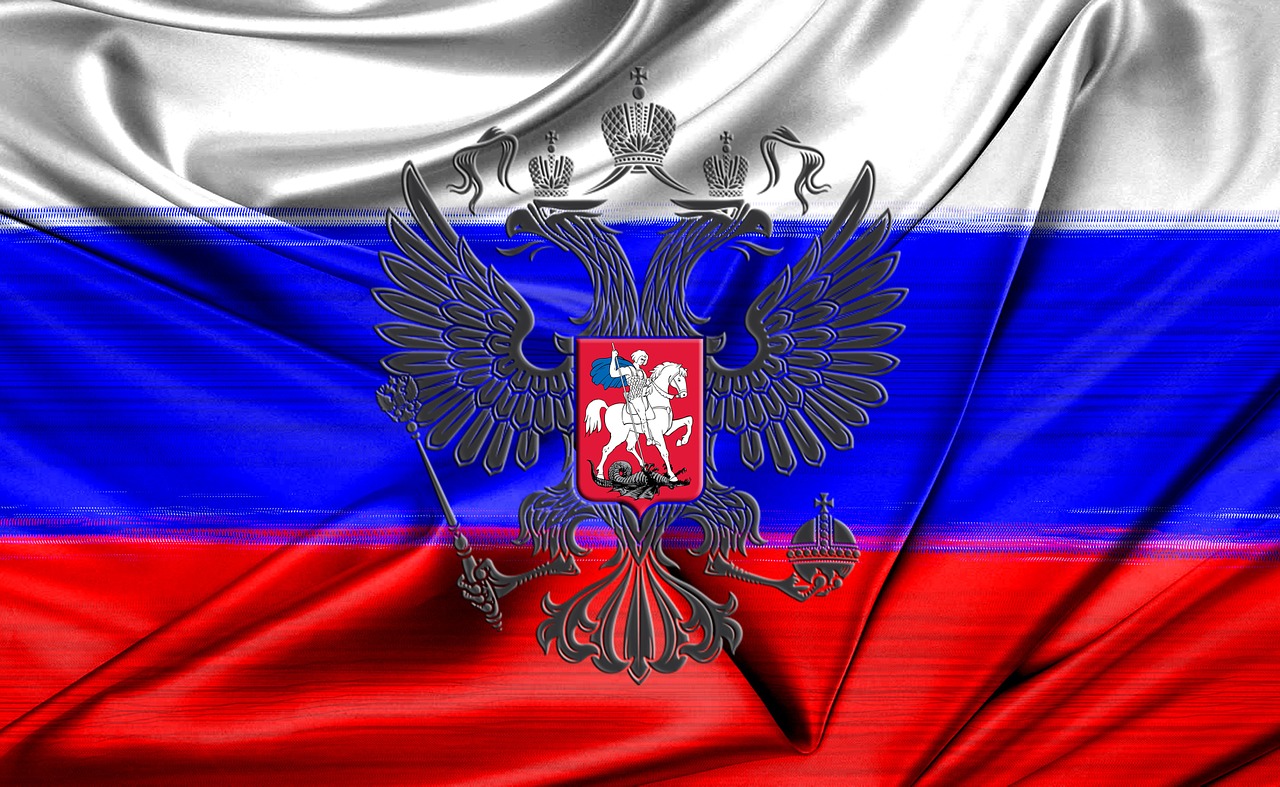Russia: Govt, top bank see cryptos as ‘analogue of currencies’; release draft bill soon

After months of speculation and opposing debates, Russia has surprised the cryptocurrency industry by agreeing to recognize Bitcoin as currency. This comes after the Russian government and central bank came to a consensus on the regulation of cryptocurrencies, Kommersant reported on Tuesday.
‘Analogue of currencies’
The government and central bank of Russia will now work on draft legislation together which is expected to be launched on 18 February and will recognize crypto as an “analogue of currencies” that are standard like the ruble rather than digital financial assets.
A draft document regarding the same noted that the legislation would be aimed toward integrating the circulation and usage of cryptocurrencies within the country’s current financial system. This would mean the complete identification of each cryptocurrency through the banking system or licensed intermediaries for them to receive legal status.
The report also noted that while possessing cryptocurrencies and using them for transactions is currently not banned in Russia, they must be carried out through a “digital currency exchange organizer” or a peer-to-peer exchange licensed in the country.
Restrictions in place
It further revealed that transactions worth over 600,000 Rubles, or around $8,016, would need to be declared or will be deemed a criminal act. Further, those engaging in illegal crypto transactions through alternative channels will also be liable to pay fines.
According to the document, the regulatory regime will be aimed at protecting Russian citizens from the risks posed by crypto assets, along with establishing a licensing mechanism for cryptocurrency providers to ensure transparency.
While it is yet to be known what these new regulations would mean for any of the parties involved, including both investors and merchants, it is a welcome step for a country that has earlier expressed skepticism toward the asset class. Just last month, the Russian central bank had called for a nationwide ban on cryptocurrencies trading and mining due to their volatility and speculative nature.
It had then locked horns with the Russian Ministry of Finance, which had argued that regulating and taxing crypto rather than outright banning it would be a suitable choice since it would ensure minimization of illegal usage and also add on to the Treasury’s tax revenue. The Finance Ministry had also sent a proposed regulatory framework for crypto assets to the government last month.
A leaked government analysis had even found that if the Russian government decides to tax the $214 billion worth of crypto its citizens possess, it could collect anywhere between 146 billion to 1 trillion rubles in crypto tax revenue.
Cryptocurrency mining has also been a point of contention in the country, especially since a lot of miners migrated to Russia after China had banned all such operations. While President Vladamir Putin has earlier expressed support for regulation of this sector, a prominent Russian lawmaker has recently proposed a personal income tax rate of at least 15% for crypto miners.






